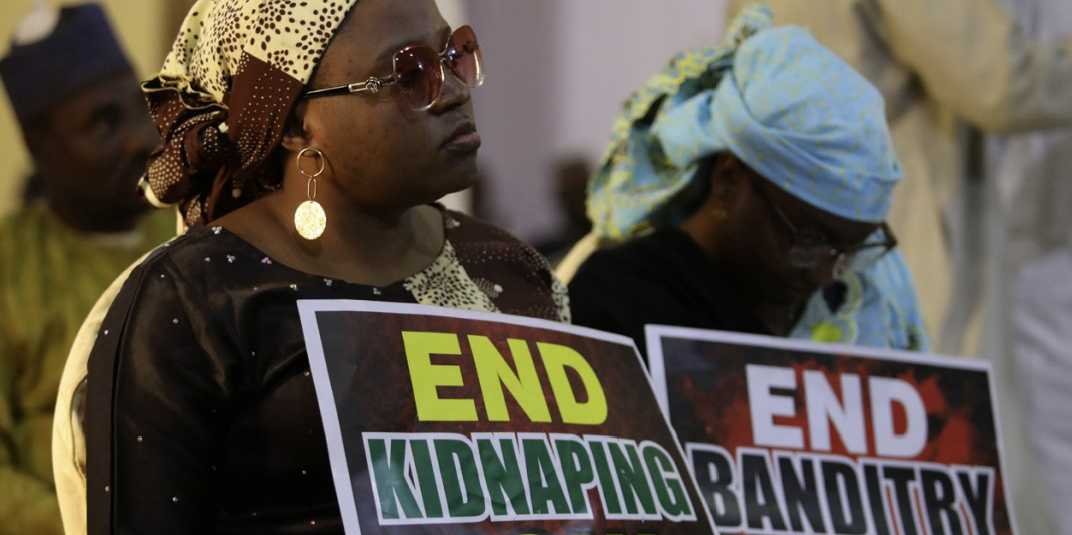By Jason Eligh
The countries of Eastern and Southern Africa have a long history of illicit drug cultivation, production, consumption and trade. Khat, a crop that is indigenous to the Horn and coastal East Africa, has been used as a stimulant since the 12th century. Cannabis, originally imported from Asia, has a history of several hundred years of production and use in the region.
Initially, the informal policies surrounding the control of these drugs had been driven by traditional social networks, and cultural beliefs and practices. Today, however, it is the more recent large-scale trade in and widespread use of opiates, stimulants and other synthetic substances that has become recognized as a harmful phenomenon and risk to the region. As container and intermodal shipping grew rapidly through the 1970s, along with new long-haul mass transport and passenger aircraft, the global economic landscape in general, and illicit drug marketplaces in particular, were reshaped. The development of the region’s air and seaports, and their integration into global transport and communication networks, saw the emergence of new entrepôt trade, and hubs of commerce became networked across the continent. Meanwhile, technological innovations designed to increase the volume of drug commodity movement and decrease the risk of seizure began to emerge. With these developments, many nascent networks of African drug traders began to consolidate their positions in the drug economies of Eastern and Southern Africa.
As international drug control measures began to restrict supply chains from South Asian and Latin American source points, new trafficking routes evolved in Eastern and Southern African states to circumvent these measures, thus opening new supply channels and, consequently, new markets. From the 1980s, the continental consumption, production and distribution of substances such as heroin, cocaine, cannabis and synthetic drugs grew notably, and the impact of this expanding illicit market on development was significant, and paradoxically symbiotic. The emerging illicit drug markets were both a threat to development and security in the region and at the same time a new source of economic livelihood for populations of poor and vulnerable communities.
The 1990s saw significant, rapid drug trade expansion across the continent as Afghan heroin began to emerge in volume in East Africa. Shipped by dhow to Kenyan and Tanzanian ports from Pakistan and Iranian departure points, initially to be repackaged and trans-shipped to European and US markets, local heroin use began to grow. Heroin use spread along the eastern coast and to South Africa, as well as to some island states, such as Mauritius and the Seychelles. Across the region these heroin users tended to be among the poorest and most vulnerable members of society. Injection drug use soon emerged in Zimbabwe, Zambia, Malawi, Uganda, Rwanda, Burundi, eSwatini, Namibia, Angola and the Democratic Republic of Congo (DRC). Cocaine, methamphetamine and other synthetic drugs soon followed.
Today, Eastern and Southern African countries have become significant illicit drug transit hubs and destination markets for a diversity of illicit drugs. Growing consumer demand and improved infrastructure have shaped and facilitated the availability and accessibility of illicit drugs across the region. As a consequence, domestic and regional drug trade flows and user markets have become embedded features of the region’s domestic illicit economies.
Geneva, SWIT: Global Initiative Against Transnational Organized Crime 2021. 28p.





















